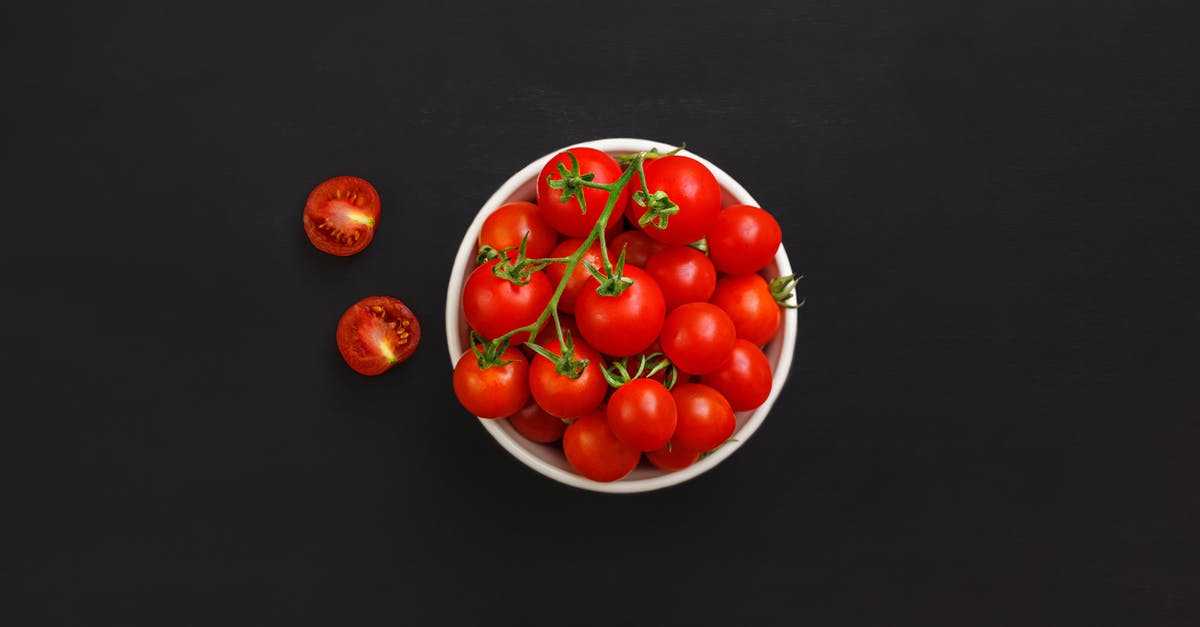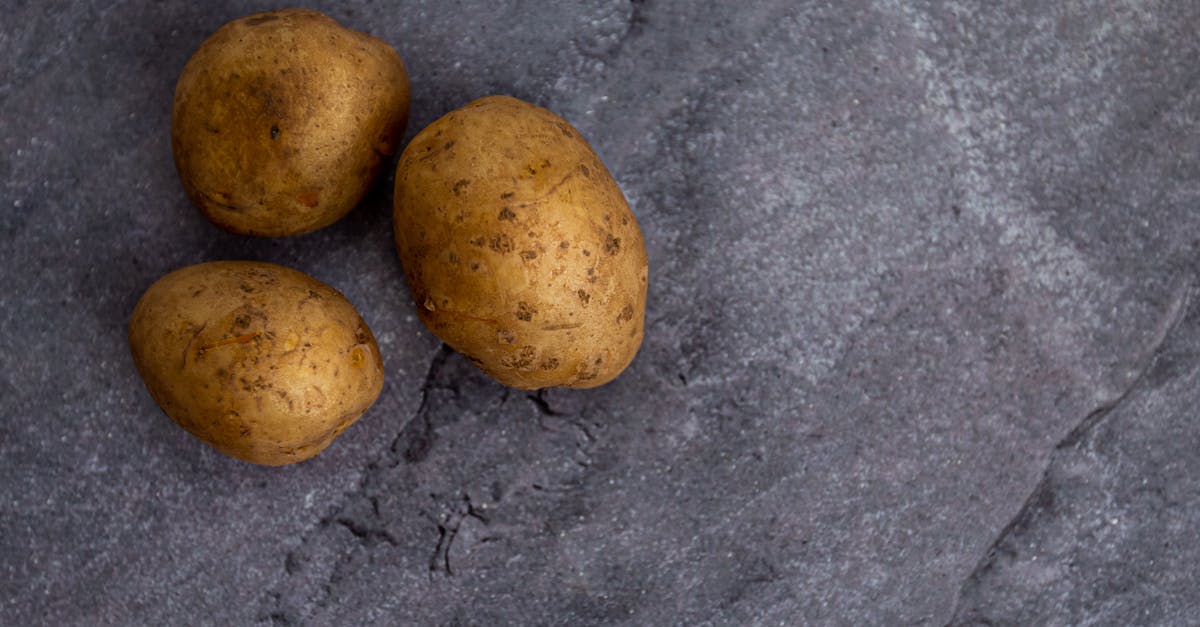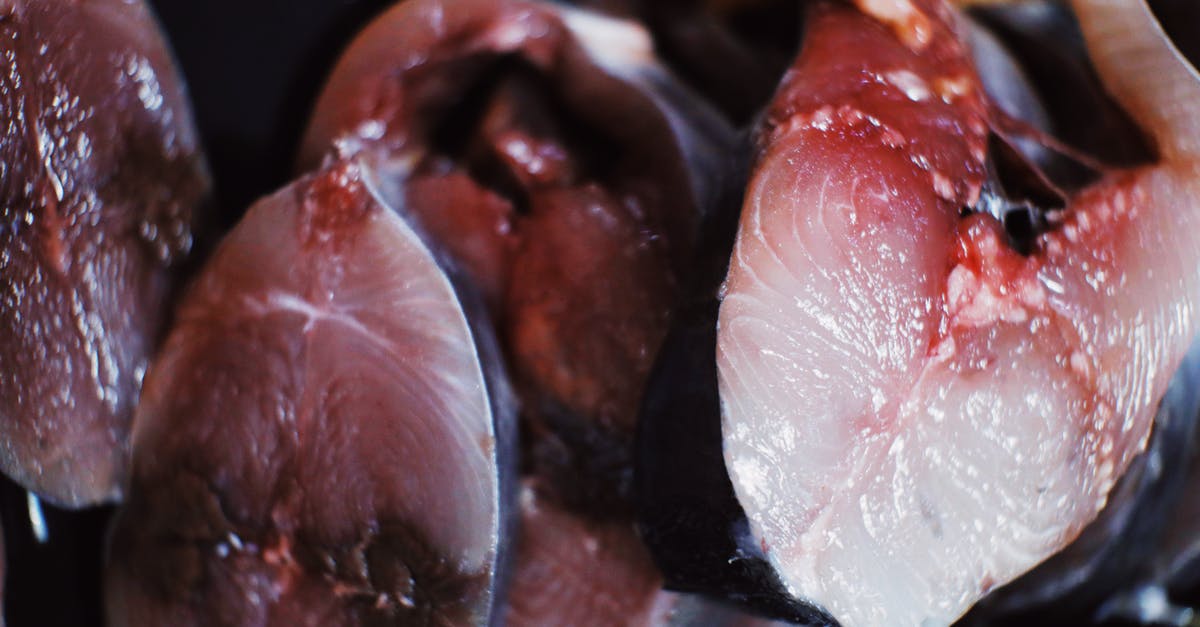Eating dehydrated uncooked red potato

I sliced some red potatoes and put them, without any prior processing (no cooking, no frying etc.), in a dehydrator at 45 celsius. Several hours later, they came out crispy and tasty. However, when I tried the same thing with white potatoes, they were not tasty at all (as in this question: Dehydrator potato chips). Although my dried red potatoes are tasty, I fear that there might be an unhealthy substance in them. Is it safe to eat those uncooked dehydrated red potatoes?
Best Answer
Short answer: no, it is unlikely. There are some concerns with eating potatoes, but these apply to any form of consumption of them.
Longer answer:
Maybe. The main risk from potatoes (along with most garden plants) is ingestion of pesticides, fertilizers etc added to the garden where they were grown. So long as the with-holding periods are observed for these additives, and the tubers themselves washed sufficiently, these should not be a problem.
There are additional concerns:
Potatoes (and tomato, peppers (chili), eggplant/aubergine) are members of the Solanaceae, which is known as the "Nightshade" family. Nightshades all contain something known as Solanine, which is an glycoalkaloid toxin. Glycoalkaloids largely result in neurological and gastrointestinal symptoms, resulting in muscle cramps, vomiting, nausea, headaches, diarrhea at low levels, and can even cause death at high levels.
Solanine can be found in any part of the plant, including the tubers and is not reduced by boiling or dehydration, although temperatures over 170 C (~390 F; i.e. baking and deep-frying) can cause a reduction in the level. Most of the solanine is found in the skin, so peeling the potatoes removes a large majority of it. There is also a suggestion that green patches on the skin of a potato indicate higher levels of solanine, and places like the US National Library of Medicine recommend against eating green potatoes.
It seems that there is some variation in alkaloid levels in different potato varieties (May be paywalled), and they are higher in organiclly grown potatoes than non-organic.
Apparently you can test for solanine by placing a small piece of the raw skin in your mouth for a few seconds. An itchy feeling or bitter taste indicates high levels of solanine and related glycoalkaloids.
Having said all that, it seems that alkaloid poisoning is rare in the general population, though possibly misdiagnosed as food poisoning in many instances as symptoms are similar. Masses of potatoes are consumed in the western world, and given the low rate of alkaloid poisoning, I think you will largely be safe. Sources indicate that eating up to 5 g (0.18 oz) per kg (2.2 lb) of body weight per day of green potatoes does not cause acute illness. If, as your name indicates you might be, are a typical Israeli male of 85 kg (187 lb; which is also a pretty typical western body weight), this equates to 425 g (0.9 lb) of green potatoes per day.
TLDR: most likely safe.
Pictures about "Eating dehydrated uncooked red potato"



Can you eat raw dehydrated potatoes?
Potatoes that are not blanched will turn a very unappealing grey to black colour as they dehydrate. They are not dangerous to eat \u2013 but no one will want to eat them.Can you eat dried potatoes?
Dried potatoes are uncooked potatoes with most of the water removed. They are a great source of vitamin C, which we need to stay healthy. A serving size of cooked potatoes is \xbd cup.Do I need to cook potatoes before dehydrating?
Potatoes can be dehydrated from uncooked potatoes, blanched, partially-cooked, or fully cooked potatoes. From my own experience and experimenting, I've found that half-cooked potatoes rehydrate the best.I only ate potatoes for two weeks
Sources: Stack Exchange - This article follows the attribution requirements of Stack Exchange and is licensed under CC BY-SA 3.0.
Images: Julia Filirovska, Victoria Emerson, Nothing Ahead, Jill Wellington
